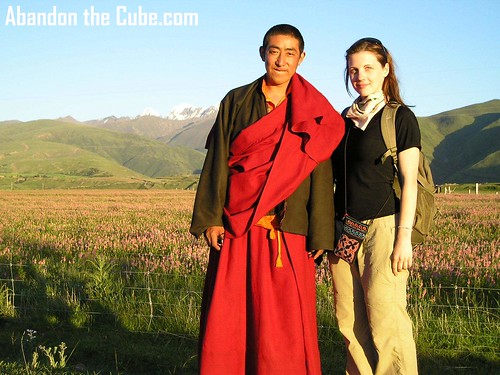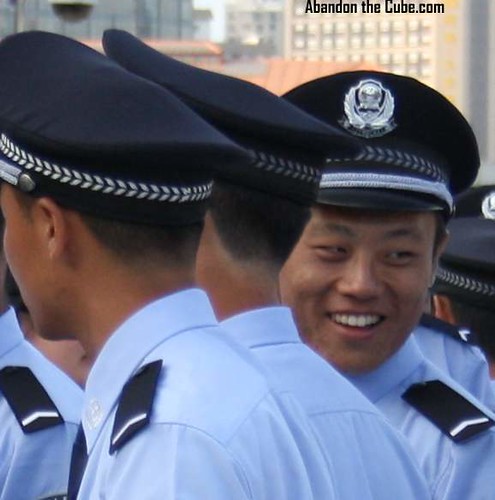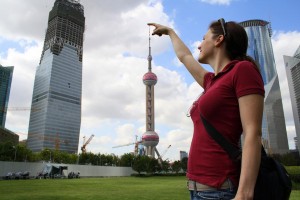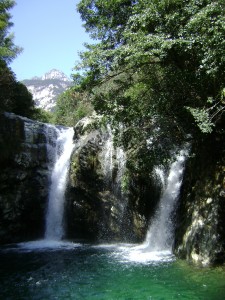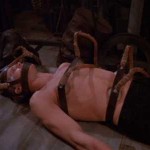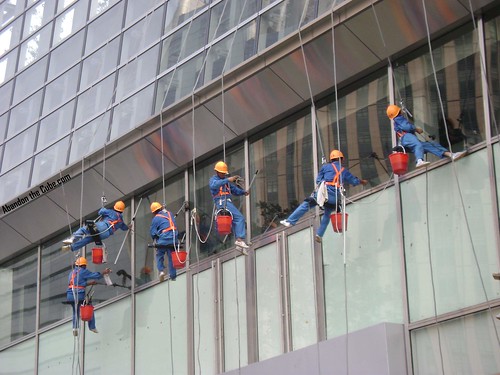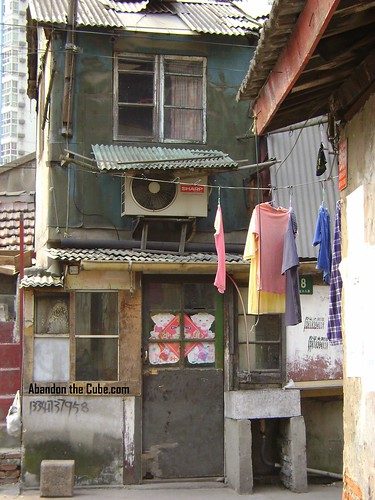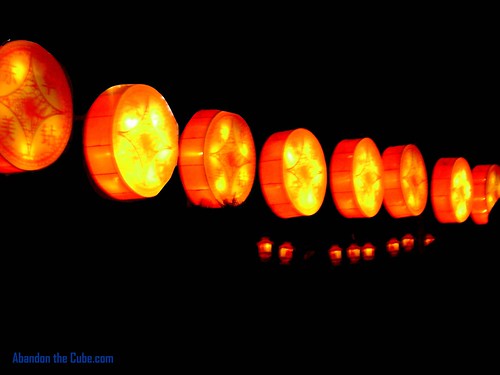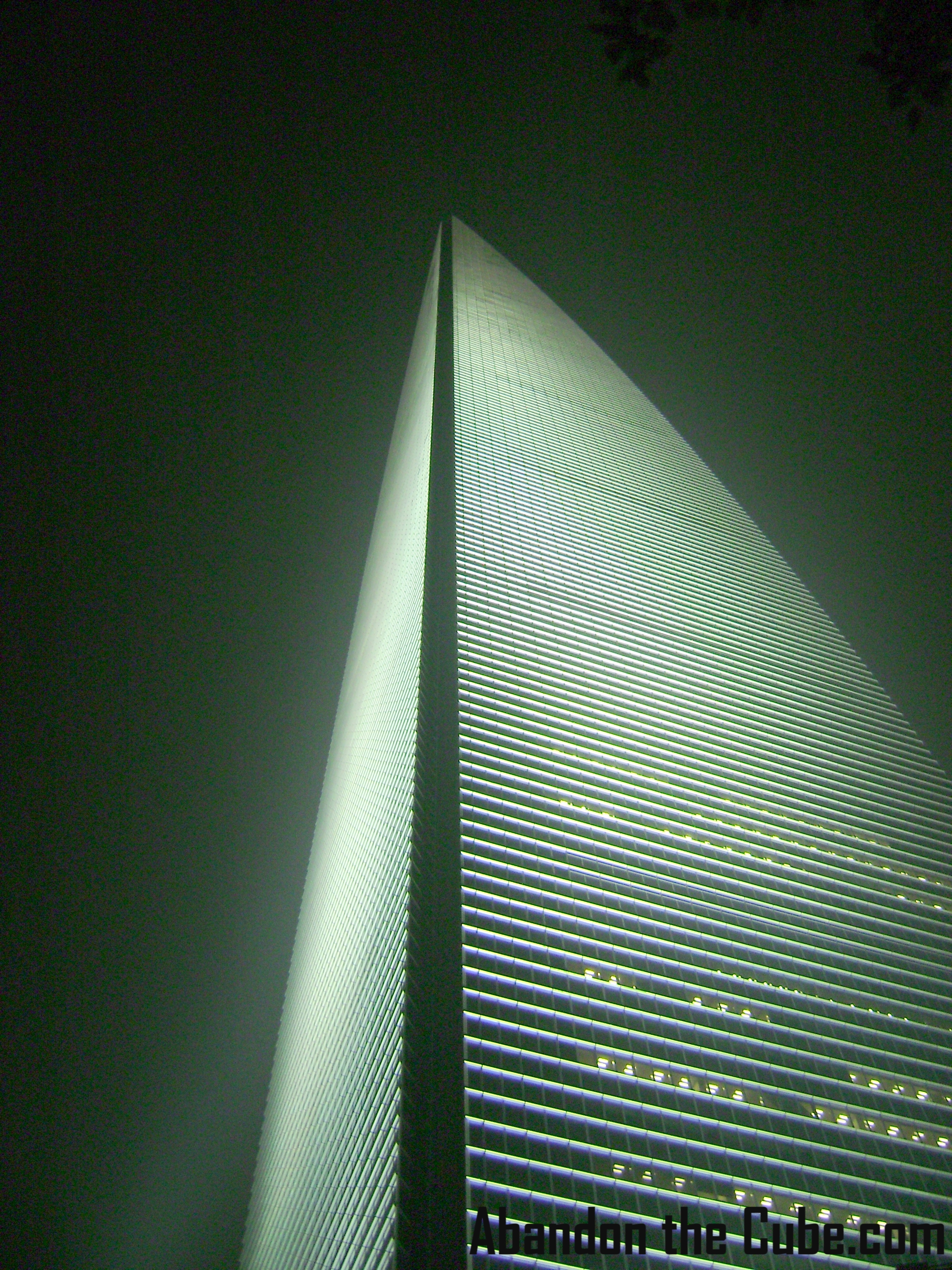The Easiest Countries to Travel

Slightly cleaner than average Chinese train sleeper car
After reading through some of our polls people have participated in throughout the site, I thought it would be a good idea to share some of the information. A while back we found that right after food, getting around in a foreign country was one of ATC readers biggest fears. Here is a short list of, in my opinion, the easiest countries to travel through and get around.
Keep in mind we have been through China, Mongolia, Japan, Kazakhstan, Uzbekistan, Turkmenistan, Azerbaijan, The Republic of Georgia, Turkey, Bulgaria, Serbia, Bosnia & Herzegovina, Croatia, Italy, Spain, Tunisia, and Puerto Rico – leaving out some countries and islands that shouldn’t qualify for either their size or the length of time we spent in them.
- Turkey – Turkey was, by far without a doubt, the easiest place to get around. If you wanted to fly you usually could and ticket prices were reasonable. However, what we loved the most was the bus system and local public transportation. There were usually about 8 or 10 different companies at each station and they were all competing and therefore, keeping the prices reasonable and allowing for a variety of schedules. Moreover, they served tea, coffee, juice, pop, and snakes throughout the drive. Local transportation in cities was also pretty reasonable and easy to navigate. English was usually spoken at most terminals we went through.
- China – Unfortunately, although China will always be my favorite country to travel through via public transportation I had to give them #2 because of the absolute chaos that usually ensues during every planning process, ticket purchase, and multiple bus transfers you are usually forced to take. Most ticketing experiences were all conducted in Chinese as no one ever used English. Also, since train and large bus transportation was state run, no one would help us so we had to push to the front of lines and speak beyond beginners Chinese to get anything done. However, China’s has awesome sleeper trains, buses, as well as their huge network of schedules for all types of transportation as well as subway systems in the very large cities and dirt cheap taxi rides.
- Bulgaria – Our train from Istanbul to Bulgaria easily was the nicest, cleanest, and comfortable cabin we have ever been. It was right on time and had really friendly attendants as well as immaculate bathrooms. Intercity trains were easy to come by and the networked bus system was relatively straight forward and reasonably priced.
Stay tuned for – The Most Difficult Countries / Places to Get Around
